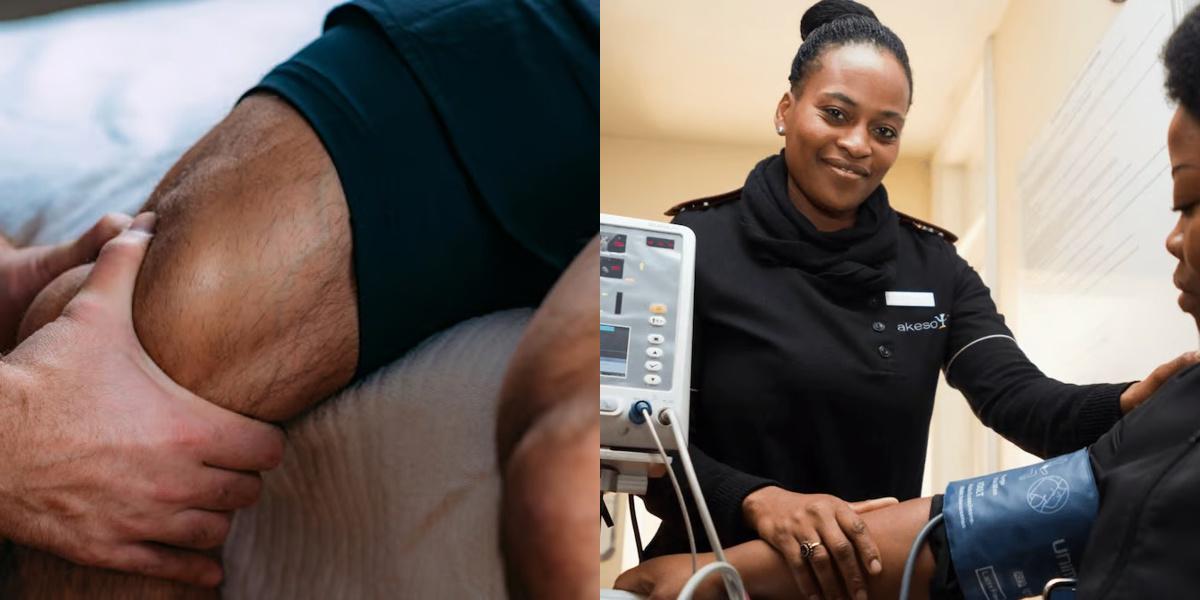Massage Therapist vs Patient Care Technician

Key Points:
- Massage Therapists provide therapeutic massages; Patient Care Technicians assist patients with daily activities and monitor their health.
- Massage Therapists typically earn higher wages than Patient Care Technicians.
- Patient Care Technician jobs are more widely available than Massage Therapist positions.
- Both require in-person training, but Massage Therapists may have more extensive programs.
- Massage Therapy training is generally more expensive and takes longer to complete than Patient Care Technician programs.
Massage therapy and patient care technician are both rewarding careers that involve helping others. However, there are some key differences between the two professions. A massage therapist focuses on providing therapeutic massages to clients, while a patient care technician assists healthcare professionals in providing direct patient care. Understanding these differences will help you determine which career path aligns with your interests and goals.
Massage Therapist
To become a massage therapist, you will need to complete a formal education program. Most states require massage therapists to graduate from an accredited massage therapy program, which typically includes coursework in anatomy, physiology, and various massage techniques. After completing the education program, you will need to pass a licensing exam to practice as a massage therapist. Some states may also require continuing education to maintain licensure.
Patient Care Technician
The education and training requirements for patient care technicians vary depending on the state and the specific job requirements. Some patient care technician programs may require a high school diploma or equivalent, while others may require completion of a certified nursing assistant (CNA) program. In addition to formal education, patient care technicians typically receive on-the-job training to learn specific skills and procedures.
Massage Therapist vs Patient Care Technician: Career Outlook and Salary
Massage Therapist
According to the Bureau of Labor Statistics (BLS), the employment of massage therapists is projected to grow 21 percent from 2019 to 2029, much faster than the average for all occupations. The demand for massage therapy is expected to increase as more people recognize the benefits of massage for relaxation and stress reduction. In terms of salary, the median annual wage for massage therapists was $42,820 in May 2020, with the highest 10 percent earning more than $80,630.
Patient Care Technician
The employment of patient care technicians is also expected to grow rapidly in the coming years. According to the BLS, the employment of nursing assistants, which includes patient care technicians, is projected to grow 8 percent from 2019 to 2029, faster than the average for all occupations. The demand for healthcare services, particularly for the aging population, is driving the need for patient care technicians. In terms of salary, the median annual wage for nursing assistants was $30,850 in May 2020, with the highest 10 percent earning more than $41,490.
Final Thoughts
Choosing a career in the healthcare field is a big decision, and it's important to consider your interests, goals, and strengths. Both massage therapy and patient care technician offer rewarding opportunities to make a positive impact on the lives of others. If you enjoy working with your hands and providing hands-on care, a career as a massage therapist may be a good fit for you. On the other hand, if you prefer a broader scope of practice and enjoy working in a fast-paced environment, becoming a patient care technician may be the right choice. Ultimately, the choice between these two careers depends on your individual preferences and career goals.
Dreambound's programs cater to diverse locations. Take advantage of the wealth of information in these blogs for a thorough exploration of the two vocations, including detailed insights into their requirements and practical advice on getting started:

Alyssa Jane is part of the customer success team at Dreambound. She works with students, training providers, and employers, helping them have a smooth customer journey. She is also an ESL tutor and Licensed Psychometrician. She is fond of traveling, photography, and discovering new restaurants.




